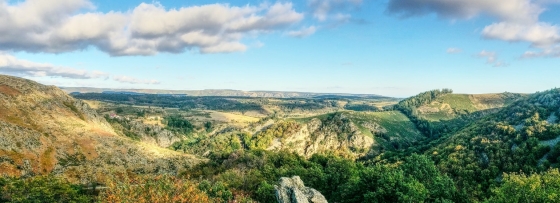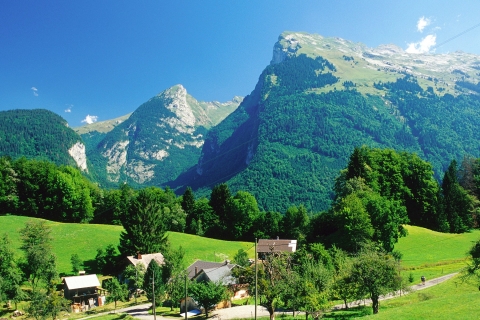Blaison Weather and Climate: A Comprehensive Guide
Blaison experiences great temperature shifts.
The city's weather can transition from warm days
to cold weather.
It receives a moderate amount of precipitation.
Now, let’s break down all the climate details for a clearer picture.
Average maximum day and minimum night temperature
The climate in Blaison is known for significant temperature differences throughout the year, making the weather dynamic. On average, daytime temperatures range from a comfortable 27°C in August to a chilly 10°C in February.
Nighttime temperatures can drop, with average lows reaching 3°C in February. Check out our detailed temperature page for more information.Temperature ranges by month
Precipitation and rainy days
Generally, Blaison receives mid-range precipitation levels, with 730 mm annually. The wettest period in Blaison occurs in December, which receives around 75 mm of precipitation. During the driest month, July, Blaison experiences moderate rainfall, totaling approximately 46 mm. The consistent precipitation levels throughout the year contribute to a relatively stable climate.The mean monthly precipitation over the year, including rain, hail and snow
broken clouds and no rain overcast and no rain broken clouds and no rainForecast for Blaison
The best time of year to visit Blaison in France
During the months of May, June and September you are most likely to experience good weather with pleasant average temperatures that fall between 20°C and 26°C.Other facts from our historical weather data:
August has an average maximum temperature of 27°C and is the warmest month of the year.
The coldest month is February with an average maximum temperature of 10°C.
December tops the wettest month list with 75 mm of rainfall.
July is the driest month with 46 mm of precipitation.
No idea where to travel to this year? We have a tool that recommends destinations based on your ideal conditions. Find out where to go with our weather planner.




